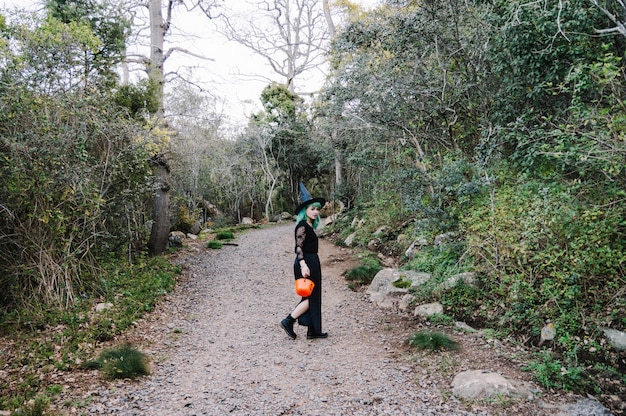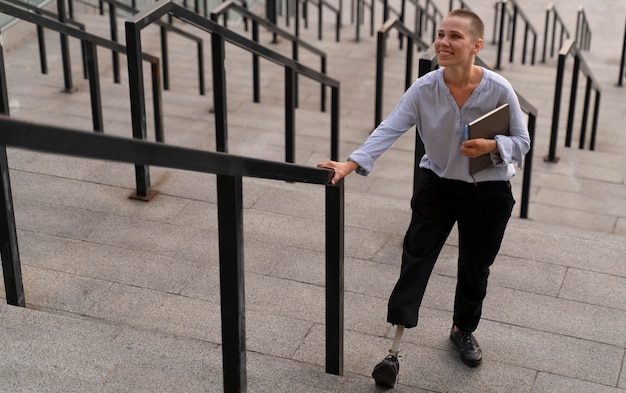In today’s fast-paced work environment, office workers often struggle to find time for physical activity. Long hours at a desk, back-to-back meetings, and digital fatigue make it hard to prioritize health. Yet, spending time in nature—especially through hiking—has been shown to reduce stress, boost mood, and improve focus. The good news? You don’t need hours of free time to reap these benefits. With smart, time-efficient strategies, even the busiest professionals can integrate hiking into their weekly routine.
Here are 7 evidence-based, practical hiking tips tailored specifically for office workers looking to stay active, refreshed, and mentally sharp—without overhauling their schedules.
You don’t need a full-day trail adventure to benefit from hiking. Research shows that just 10–20 minutes in nature can significantly reduce cortisol levels—the stress hormone. Aim for short, post-lunch or after-work walks in nearby parks or green trails. These micro-hikes refresh your mind and improve afternoon productivity.

If it’s not on your calendar, it probably won’t happen. Treat your hiking time with the same importance as a client call or team meeting. Block out 30–60 minutes two to three times a week for a trail walk. Consistency beats duration—regular short hikes build fitness and mental resilience over time.
If your office is near a green space or trailhead, consider walking or biking part of your commute. Even parking 15 minutes away from work and walking through a park can count as hiking. This habit doubles as exercise and mental transition time, helping you leave work stress behind.
Keep a lightweight hiking bag in your car or office with essentials: trail shoes, moisture-wicking clothes, a water bottle, and a small snack. When an unexpected window opens—like a canceled meeting or early finish—you’re ready to hit the trail immediately. Removing preparation barriers increases follow-through.

Turn coffee breaks or one-on-one work chats into walking meetings. Studies show that walking boosts creative thinking by up to 60%. Invite a colleague to walk and talk through a problem on a nearby trail. You’ll solve issues more effectively while getting fresh air and light exercise.
Opt for well-maintained, close-to-home trails with minimal elevation gain. Loop trails are ideal—they bring you back to your starting point without needing a shuttle. Use apps to find routes under 3 miles with good reviews for accessibility and scenery. The easier the logistics, the more likely you are to go consistently.
Use a fitness tracker or hiking app to log your hikes. Seeing your weekly progress—steps, elevation, time spent outdoors—reinforces positive behavior. Set small goals, like hiking three times a week for a month, and reward yourself with something non-food-related, like new trail gear or a nature documentary night.
Sedentary work environments contribute to chronic issues like poor posture, eye strain, and mental fatigue. Hiking counters these effects by engaging the full body, encouraging deep breathing, and providing natural light exposure—which helps regulate sleep and mood.
According to environmental psychology research, exposure to green spaces improves attention restoration and reduces symptoms of anxiety and depression. For office workers, this means better focus, fewer burnout symptoms, and improved emotional regulation.
You don’t need to become an outdoor adventurer to benefit from hiking. By integrating small, manageable habits into your routine, you can enjoy the physical and mental rewards of nature without sacrificing work commitments. Start small, stay consistent, and let the trail become your office escape.
Step outside, breathe deep, and let your next hike be the reset your busy workweek needs.

Wellness

Wellness

Wellness

Wellness

Wellness

Fitness

Wellness

Fitness

Wellness

Fitness

Fitness

Fitness

Health

Fitness

Health

Health